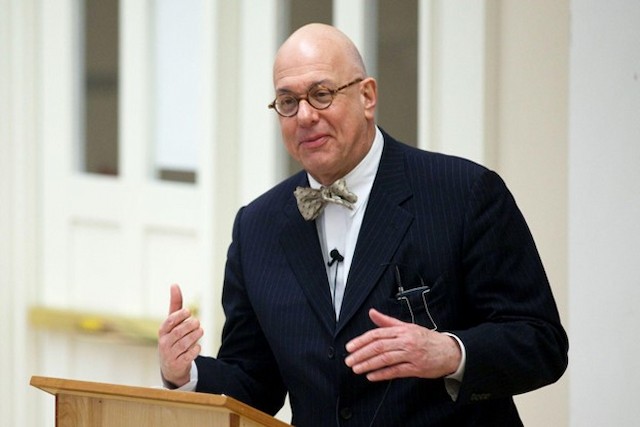In an age where opera houses often play it safe with crowd-pleasing favorites, Bard College’s SummerScape festival stands out as a daring time machine, transporting audiences to forgotten corners of operatic history. This year, nestled in the picturesque Hudson Valley, opera enthusiasts and newcomers alike found themselves immersed in two rarely performed masterpieces: Meyerbeer’s “Le Prophète” and Berlioz’s “La damnation de Faust.”
A Journey to 19th Century Paris
As the lights dimmed in the Frank Gehry-designed Fisher Center, audiences were whisked away to 19th century Paris, the epicenter of grand opera. Meyerbeer’s “Le Prophète,” absent from major U.S. stages for over four decades, roared back to life under the baton of Leon Botstein, Bard’s president and the festival’s artistic director.

The production, featuring Robert Watson as Jean and Jennifer Feinstein as Fidès, offered a window into a time when opera was the blockbuster entertainment of its day. Restored to its full glory, including an 11-minute overture cut from early performances, “Le Prophète” showcased the spectacle and drama that once captivated audiences across Europe.
One attendee remarked, “It’s like discovering a lost film epic. You can see why these operas were the talk of the town in their day.”
Faust’s Damnation: A Sonic Spectacular
Closing the festival was Berlioz’s “La damnation de Faust,” a work that defies easy categorization. Part opera, part oratorio, this “dramatic legend” pushed the boundaries of what the Fisher Center’s state-of-the-art acoustics could deliver.
Joshua Blue’s Faust and Alfred Walker’s Mephistopheles engaged in a musical battle of wits, their voices soaring over Berlioz’s innovative orchestrations. Sasha Cooke’s Marguerite provided moments of heart-rending beauty, her “radiant mezzo-soprano” cutting through the complex score.
The Bard Festival Chorale, under James Bagwell’s direction, became a character in its own right, shifting from celestial harmonies to infernal cacophonies with precision. One critic noted, “The chorus doesn’t just sing; it paints with sound, creating vivid landscapes of heaven and hell.”
Challenges and Triumphs
Staging these operatic behemoths presented unique challenges. “Le Prophète” required a deep dive into 19th-century French style, while “La damnation de Faust” tested the limits of what could be realized on stage.
Director Christian Räth, tasked with making these works resonate with modern audiences, found surprising parallels. “The themes of power, manipulation, and the search for meaning – they’re as relevant today as they were when these operas were written,” Räth commented.
The American Symphony Orchestra, led by Botstein, navigated the complex scores with aplomb. From the delicate chamber-like moments to the full-throttle orchestral explosions, the musicians brought these long-neglected works to vivid life.
A Cultural Resurrection
Bard’s commitment to these revivals goes beyond mere historical curiosity. By breathing new life into forgotten masterpieces, SummerScape challenges our understanding of opera’s evolution and relevance.
“We’re not just performing old operas,” Botstein explained. “We’re rediscovering lost threads in our cultural tapestry. These works influenced generations of composers and artists. Understanding them enriches our appreciation of all music that followed.”
This approach has turned Bard into a pilgrimage site for opera aficionados seeking fresh experiences. One regular attendee shared, “I’ve been coming to SummerScape for years. It’s always an education – you leave with your ears opened to new possibilities.”
Looking Ahead: More Treasures to Unearth
As the final notes of Berlioz faded away, anticipation was already building for next year’s offering: Smetana’s “Dalibor.” This continued commitment to operatic archaeology promises to keep expanding the horizons of what opera can be.
For those willing to step off the beaten path, Bard SummerScape offers a unique opportunity to experience opera as a living, breathing art form, constantly evolving and always capable of surprise. In reviving these forgotten works, Bard doesn’t just preserve the past – it enriches the present and shapes the future of opera.
As summer fades in the Hudson Valley, the echoes of Meyerbeer and Berlioz linger, reminding us that in the world of opera, there are always new old treasures waiting to be discovered.

